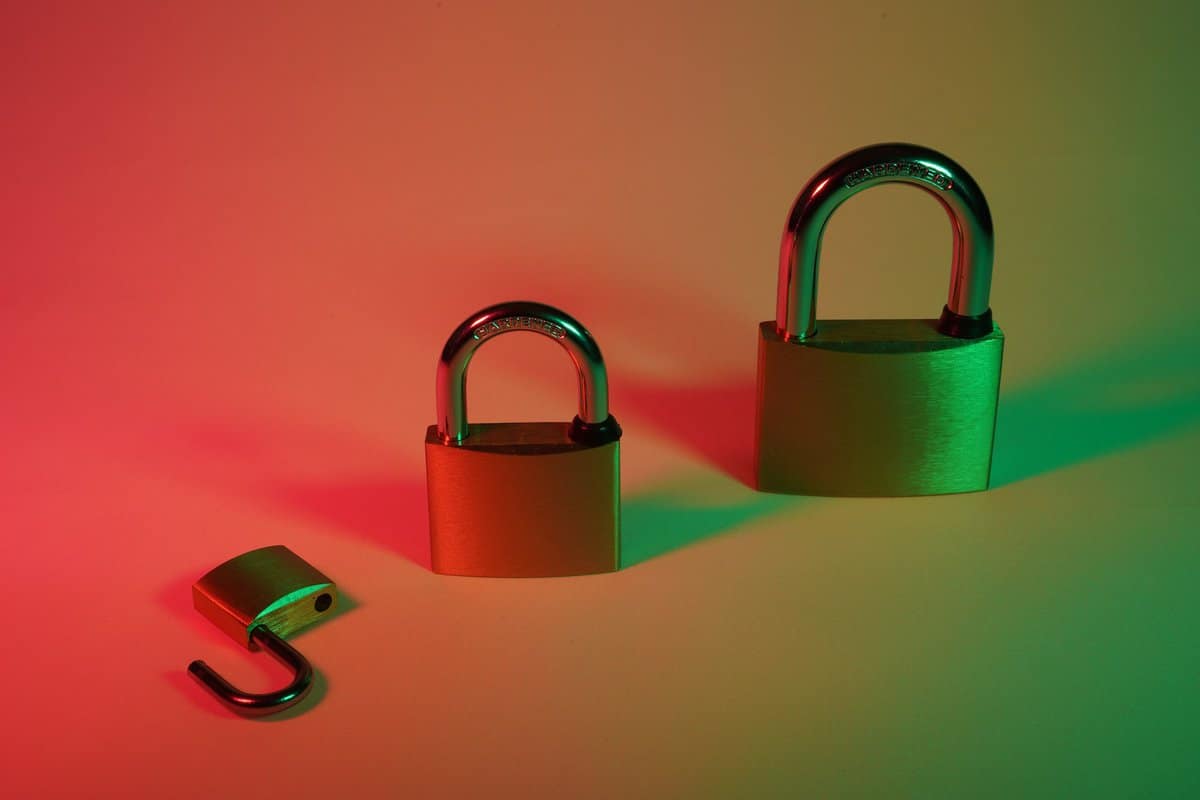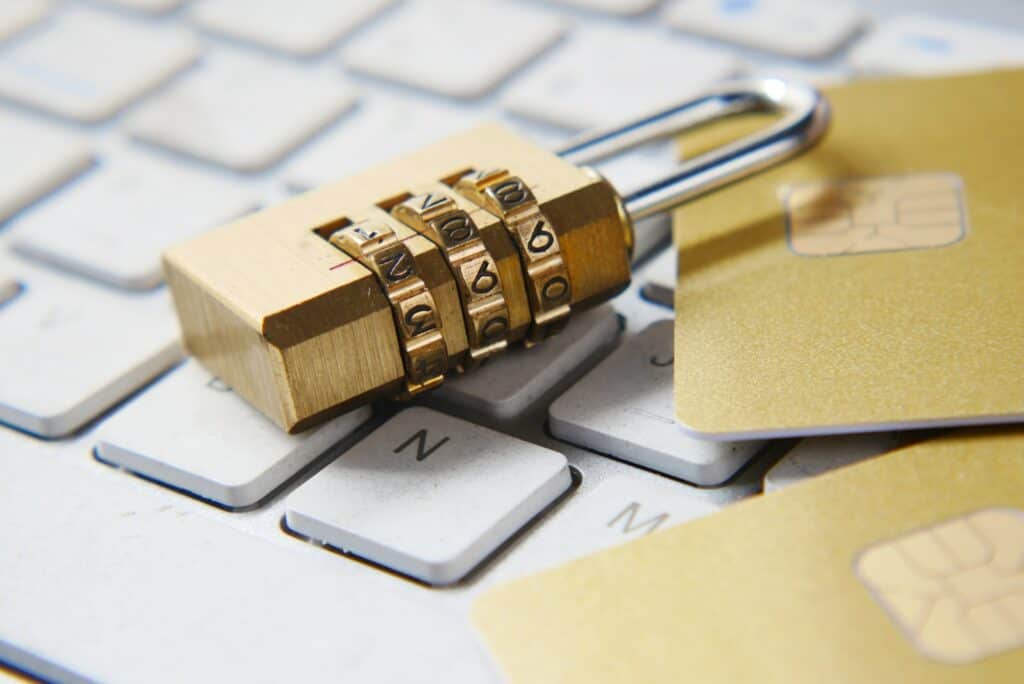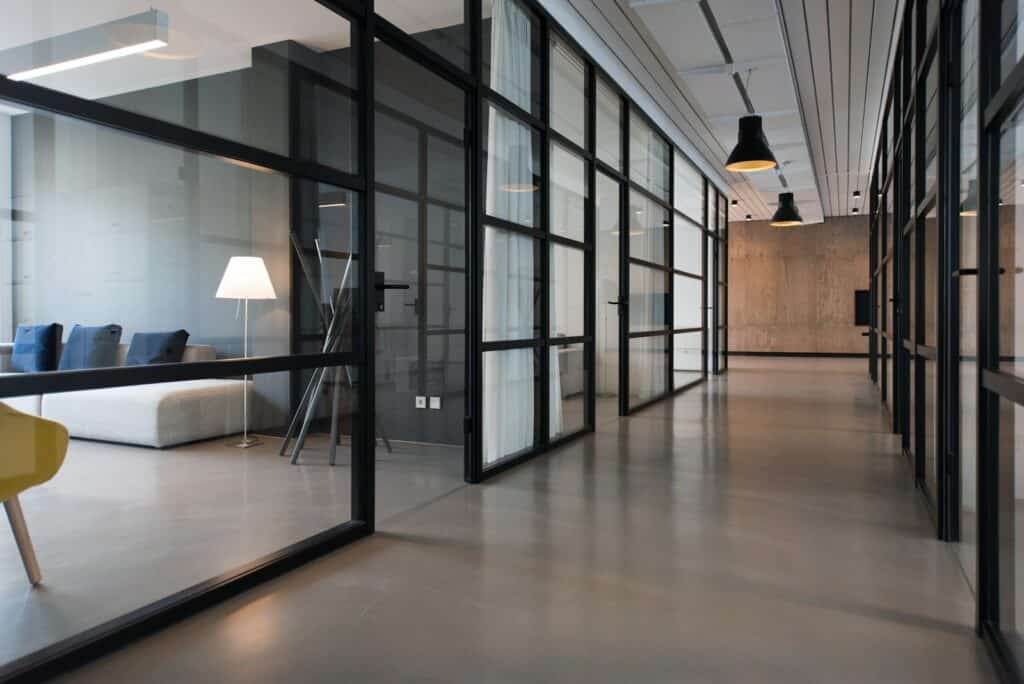
If you have a small-to-midsize business, you probably don’t have the budget for a full-time security guard. That’s what makes access control systems so great: they provide an extra layer of protection that can help keep your employees and customers safe while saving you money. But what are the benefits exactly? Here are some of our favorites:
Access Control Systems Can Restrict Access to Certain Areas
Access control systems can limit access to certain areas and keep people out of areas they don’t need to be in. For example, you might want to restrict access to sensitive data or equipment.
You might also want to prevent unauthorized entry into a building or room, but still allow authorized employees into that same space. Access control systems can be set up so that only certain people get through them, while others will not be able to pass through the door even if they try.
Access Control Can Provide a Log of Who Entered Which Doors
With this information, you can determine exactly when someone entered or exited your building—and how they did it. For example, if you want to know who came into the building at 10:00 on Thursday morning, but didn’t leave until 5:00 that afternoon, then access control would be able to tell you this.
It also allows you to see exactly when people accessed which doors—which may prove useful if there was a security breach in progress or something else suspicious happened during those hours (e.g., an employee left early for no apparent reason).
The best part about having access logs is that they are stored electronically so there is no need for paper records! You may also want to check out our guide on choosing an IT support company.
You Can Restrict Building Access to Employees With Key Fobs or Cards

You can restrict building access to employees with key fobs or cards. They use radio frequency technology to open a door and then close it behind you, or open a door but not close it. They are also used for employee identification purposes and for recording who enters or exits the building at specific times.
Access control systems are also important when you want to track visitors and vendors who enter your building, so that you can ensure they have permission before they get inside (and not let unauthorized people in).
The system will work similarly here: if someone has entered your facility using their identification card or key fob, then their information will be recorded in the system’s database by an entry device such as an RFID reader.
You Can Limit the Hours That People Enter or Exit a Building
You can limit the hours that people enter or exit a building. For example, you could set up rules for your employees so they can only enter the building between 8:00 and 9:00 AM and 5:00 and 6:00 PM.
A System for Multiple Buildings Makes It Easy for Your Employees To Move Around
If you have multiple buildings, Access Control can be set up to allow your employees to move around easily. You can create a single database of employees and their access privileges, as well as a separate one for assets, making it easier for managers to manage the security of both groups.
Access Credentials Can Be Managed Remotely
Access credentials can be managed remotely.
While the primary function of access control is to ensure that only those with proper authorization can enter a facility or area, it’s also important to keep track of who has been granted access and when. This information can be used for a variety of purposes, including:
- Managing employee time cards. If you have an employee who works from home on occasion, you may want to know where they are each day during specific times so you know whether or not they’re entitled to overtime pay for any given week. Access control systems allow managers to access this data remotely from their office computers and make sure everything is running smoothly in real time without having to worry about manually tracking down workers in person at their homes or other locations outside your workplace.
- Tracking visitor logs for compliance purposes (e.g., GDPR). Access control systems can log information about visitors’ identities and how long they spent inside your building at any given time — again ensuring that no one leaves with unauthorized knowledge regarding patient records or other sensitive data that could compromise security if leaked out onto social media platforms like Facebook or Twitter.
Access Control Systems Provide an Additional Layer of Security for Your Business

Access control systems provide an additional layer of security for your business. Employees can’t enter a building without an access card, and the cards can be tracked to ensure that only authorized personnel are coming and going. Access cards can also be set to expire, which prevents employees from keeping expired access cards in their pockets as they walk around town (a common practice amongst many businesses). Access cards can be deactivated if they are lost or stolen, in order to prevent unauthorized use.
Additionally, these systems help you keep track of who has been granted certain privileges within your organization.
Access control is a great way to help prevent theft, vandalism, and fraud. It can also help keep employees safe as well as visitors who are on your property.
In addition to these benefits, business access control systems can make sure that only authorized people get into certain areas of your business. This helps keep everyone safe in case there’s ever an emergency situation or crisis situation.
If you have a small-to-midsize business, access control could save you time and money by cutting down on the number of false alarms that go off on your security system.
Conclusion
Access control systems can be an important part of your business’s security. If you have a small-to-midsize business, access control will help keep you safe while saving you money and time.